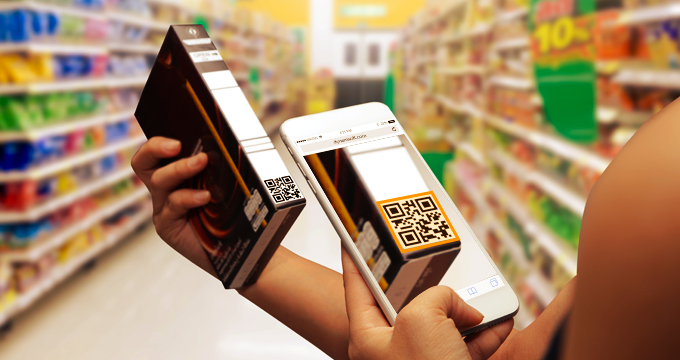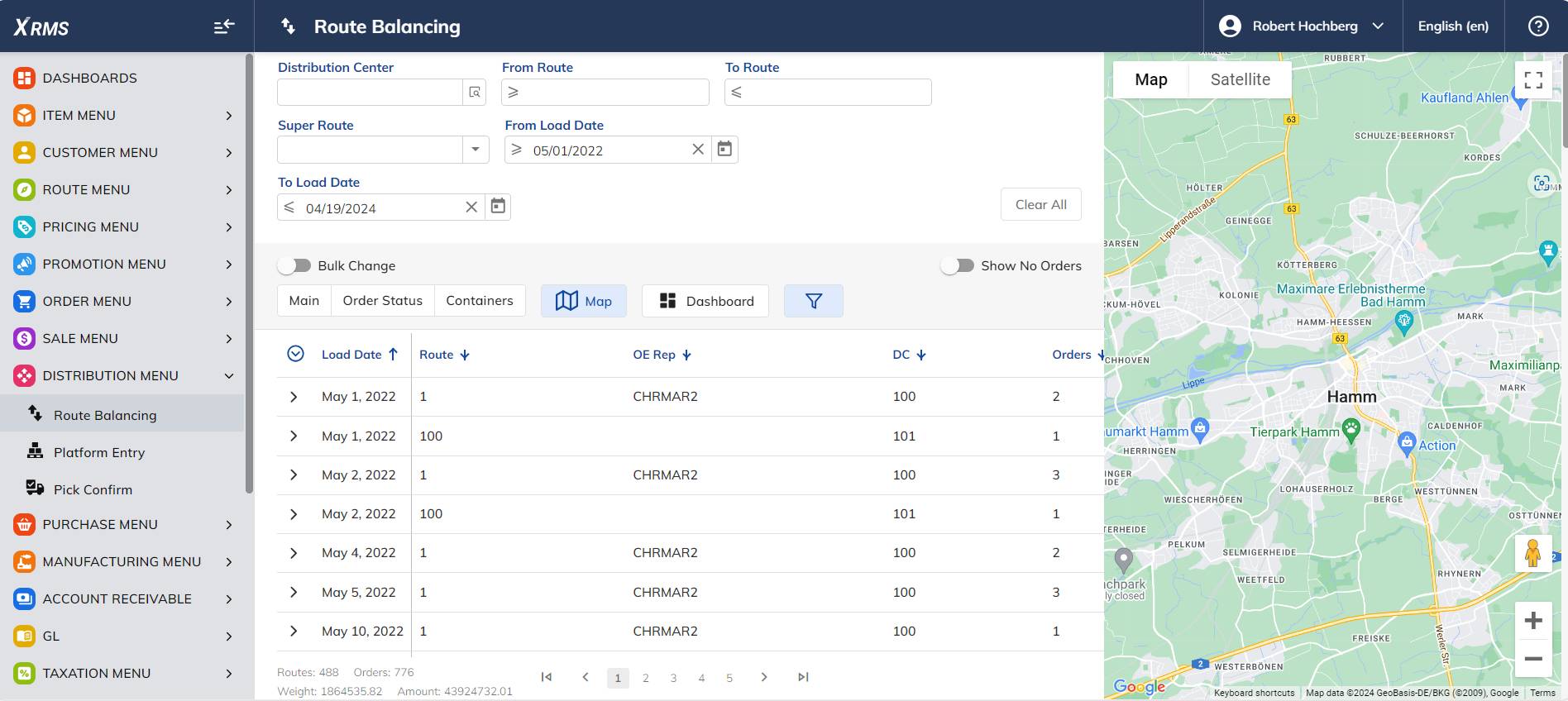The FMCG market is extremely crowded and competitive. Brands and trading companies selling to retailers, hospitality/HORECA enterprises, and other industries encounter several hurdles as B2B clients place additional demands on their suppliers and have greater expectations.

The FMCG market is extremely crowded and competitive. Brands and trading companies selling to retailers, hospitality/HORECA enterprises, and other industries encounter several hurdles as B2B clients place additional demands on their suppliers and have greater expectations. How to distribute things swiftly and accurately is one of the most critical issues.
How can DSD route accounting software help you provide better service to your customers? What particular features do you require?
Fast delivery is critical for FMCG firms that frequently sell food or breakable foods. Use a route accounting tool to schedule operations and organize them based on numerous business parameters to assist your delivery crew to deliver quicker and more efficiently.
To assist your route workers in reducing travel time and maximizing the number of stops they make, DSD route accounting software should interface with a mobile route planner tool like Google Maps or Waze.
GPS tracking, geo-fencing, and time-stamped activities are all included in route accounting software. Sales, operations, and transport providers will always be in command, ensuring that their route crews stick to the schedule.
A product delivery van is essentially a mobile warehouse. To satisfy client demand, you must appropriately supply it and keep an eye on it. A DSD app gives drivers and management access to real-time inventory information, ensuring that they never sell an item that is out of stock on the spot.
Route workers want real-time information on items and clients in addition to access to stock levels. Route personnel may expand their position into selling when your route accounting system is coupled with a mobile order taking app. They can rapidly access information about the product as well as prior customer sales data and place orders instantly.
When you combine retail implementation software with a sales platform, your route personnel can conduct retail audits while on the road. They could do store audits, manage shelf space, and even refill inventory while on the road.
It isn’t only an e-catalog that will increase sales. When your route accounting software is integrated with a mobile CRM app, route workers will get a 360-degree picture of customers, including orders, invoices, payments, debt, credit, returns, and more. They may strengthen client connections, boost orders, and more.
Product deliveries should not be tracked just by delivery personnel. If supervisors don’t keep an eye on what their employees are doing, delivery can soon become unorganized and behind schedule. Furthermore, clients expect delivery confirmation.
True offline functionality refers to the ability to apply business logic and processes offline, allowing your team to sell and support clients without interruption. The software immediately syncs with your back-office whenever your internet connection is restored, allowing transactions, activities, and data to be handled and your ERP to be automatically updated.
